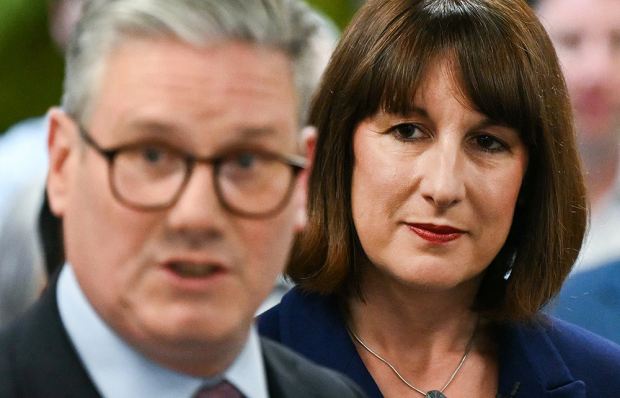Now that there is yet another chance to vote for a leader of the Labour party, if you are prepared to pay £25 next week, lots of my friends, none of them Labour supporters, are joining up. Their idea is to vote for the Corbyn ‘continuity candidate’, who seems to be Rebecca Long Bailey, thus ensuring, they think, continuous Conservative rule.
Already a subscriber? Log in
Subscribe for just $2 a week
Try a month of The Spectator Australia absolutely free and without commitment. Not only that but – if you choose to continue – you’ll pay just $2 a week for your first year.
- Unlimited access to spectator.com.au and app
- The weekly edition on the Spectator Australia app
- Spectator podcasts and newsletters
- Full access to spectator.co.uk
Or
Unlock this article
You might disagree with half of it, but you’ll enjoy reading all of it. Try your first month for free, then just $2 a week for the remainder of your first year.














Comments
Don't miss out
Join the conversation with other Spectator Australia readers. Subscribe to leave a comment.
SUBSCRIBEAlready a subscriber? Log in